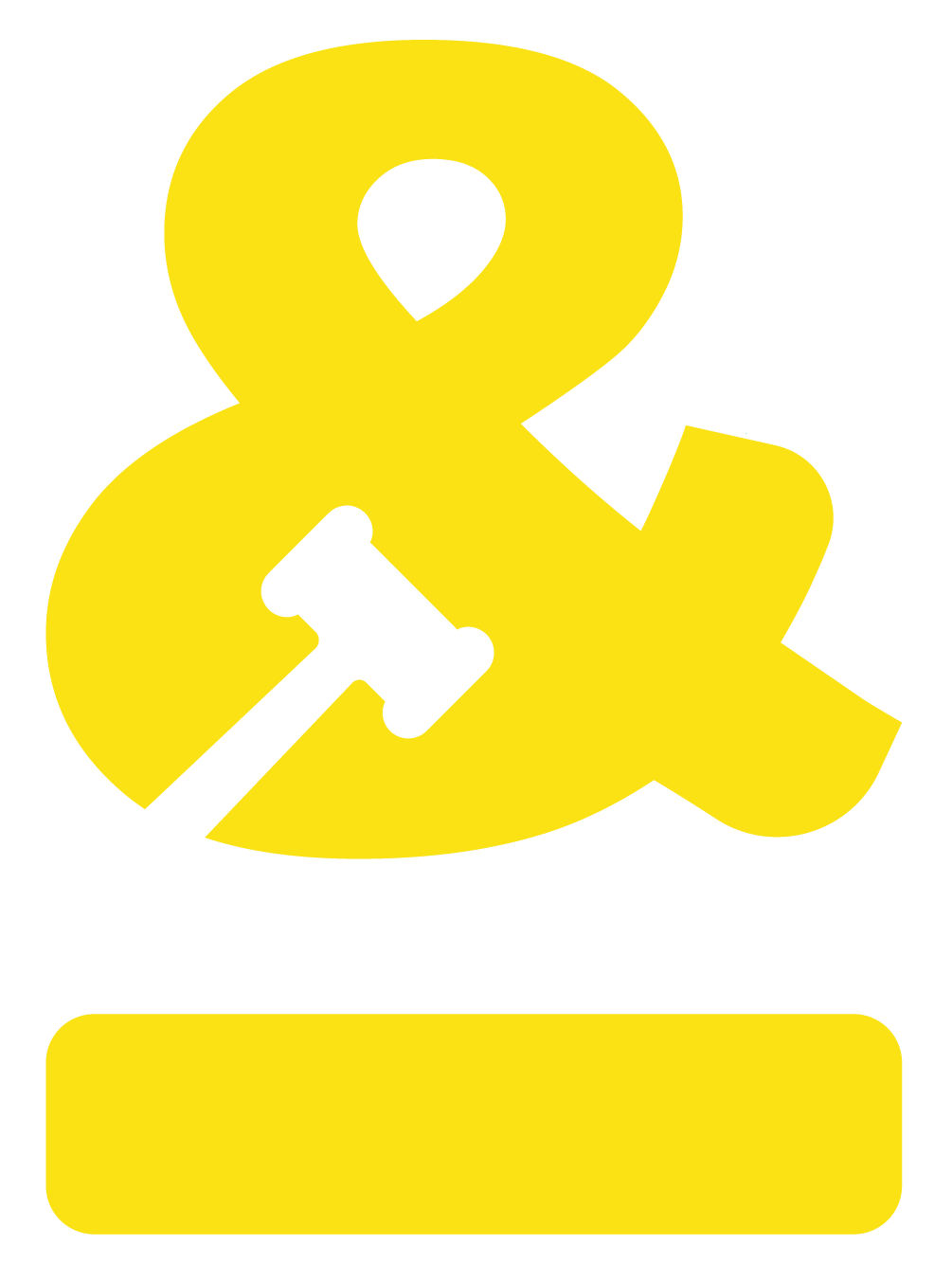Can You Sue Someone for Harassment in Florida?
The state of Florida takes harassment seriously, and you have the right to sue an offender for repeated unwanted contact. However, the laws regarding harassment are complex.
Having an experienced attorney by your side can boost your chances of successfully protecting yourself and your family while also putting an end to such behavior. Join us as we take a closer look at these crimes and how to file a lawsuit against an offender.
What behavior qualifies as harassment by law?
Harassment comes in many forms and can be equally distressing, regardless of the circumstances. Here are a few examples of these offenses:
Workplace harassment
Workplace harassment is often considered discrimination, whether the offender is an employer, an employee, or a customer. These offenses may include unwanted sexual advances, verbal or physical abuse, and repeated unwanted contact for no valid purpose.
Additionally, federal and state laws prohibit discrimination based on sexual orientation, race, gender, age, religion, or other distinguishing features. If you believe you’ve experienced workplace harassment, get in touch with a legal representative for advice on how to move forward.
Sexual harassment
Sexual harassment can fall under two categories: quid pro quo and hostile harassment. Quid pro quo sexual harassment occurs when someone in a position of power uses their authority to solicit sexual favors.
On the other hand, when there’s no apparent power dynamic between the victim and the offender, sexual harassment may be considered hostile. These actions can include a range of offenses, such as lude gestures, staring, verbal harassment, and invading personal space.
Stalking and cyberstalking
Repeated unwanted contact via phone calls, text messages, emails, and social media are all examples of cyberstalking. Physically following or tracking a victim online can also be considered threatening behavior and will often fall under the category of harassment.
Civil vs criminal harassment
Many harassment cases are considered civil offenses, especially when they are initial complaints of unwanted contact. However, harassment may be a criminal offense when the offender’s actions create a credible threat of harm, such as narcissistic abuse. In other cases, offenders who violate the conditions of a restraining order during an incident can also face criminal charges.
What are your legal rights regarding harassment in Florida?
Both state and federal laws prohibit harassment, but many times, offenders cite the Second Amendment in response to legal action taken against them. Here’s a closer look at your legal rights when facing ongoing harassment:
What federal law says about harassment
When harassment crosses state lines, it becomes a federal crime. This includes unwanted online communications that cause significant emotional distress.
The Federal Civil Rights Act prohibits workplace harassment and discrimination of any kind that can interfere with employment or housing opportunities.
Florida’s state laws about harassment
Florida Statute 784.048 defines civil harassment as engaging in “a course of conduct directed at a specific person which causes substantial emotional distress to that person and serves no legitimate purpose.”
These actions may include assault, battery, stalking and cyberstalking, unlawful violence, or threats of violence. Additionally, repeated unwanted contact through phone calls, texts, email, or social media can constitute civil harassment. Florida’s Civil Rights Act prohibits workplace harassment and discrimination, as described above.
The responsibilities of your employer to prevent workplace harassment
Employers are required to protect employees from harassment. In fact, when these offenses become so severe that employees can no longer work in the environment, many legal experts will recommend suing employers who fail to safeguard their staff from such events. When an employee faces repeated instances of harassment, their employer must take action to protect the victim.
For example, if a customer makes numerous unwanted advances toward a restaurant server, the employer should address the situation and ask the customer to stop. If the offender continues harassing the server, the employer should refuse service and demand they leave the premises. In the worst-case scenario, the employer should contact law enforcement.
How to properly document instances of harassment for court
One of the most challenging aspects of suing for harassment is proving that unwanted contact happened repeatedly over a period of time. Here are a couple of ways you can begin preparing to take legal action:
Record the details and dates of each incident
Keeping detailed records of instances of harassment can help fortify your case against the offender. For example, you might save phone and text records that show a barrage of incoming messages from the offender or take screenshots of threatening text messages and emails.
Be sure to record the dates, times, and details of all interactions. If the offender is stalking you at your home, motion-activated cameras can record incidents and provide valuable proof in court.
Ask potential witnesses who overheard or saw incidents take place
Credible witnesses can also strengthen your case and improve your chances of success in civil or criminal court. Many times, ongoing harassment is witnessed by coworkers, friends, or family members.
Even strangers who witness these events can be important assets when compiling evidence for a lawsuit. For example, if an employee at a gas station sees an unwanted interaction take place at the pump, you can ask for their contact information and have your attorney contact them.
How to bring your harassment case to an attorney
A knowledgeable attorney with experience in civil and criminal law is your greatest ally when filing a lawsuit against an offender. If you’re being harassed or facing workplace discrimination, find a reputable legal expert to help you navigate the process.
Compile all relevant evidence, including phone records, text exchanges, and social media messages for your lawyer to analyze. If possible, make a list of reputable witnesses and their contact information.
Once your attorney hears your concerns and reads over any evidence, they can tell you whether a lawsuit is likely to succeed.
Busciglio Sheridan & Schoeb helps you decide the best course of action
The legal experts at Busciglio Sheridan & Schoeb are here to help you seek justice against harassment, discrimination, and unwanted advances. Contact us today to learn how we will fight for you!

